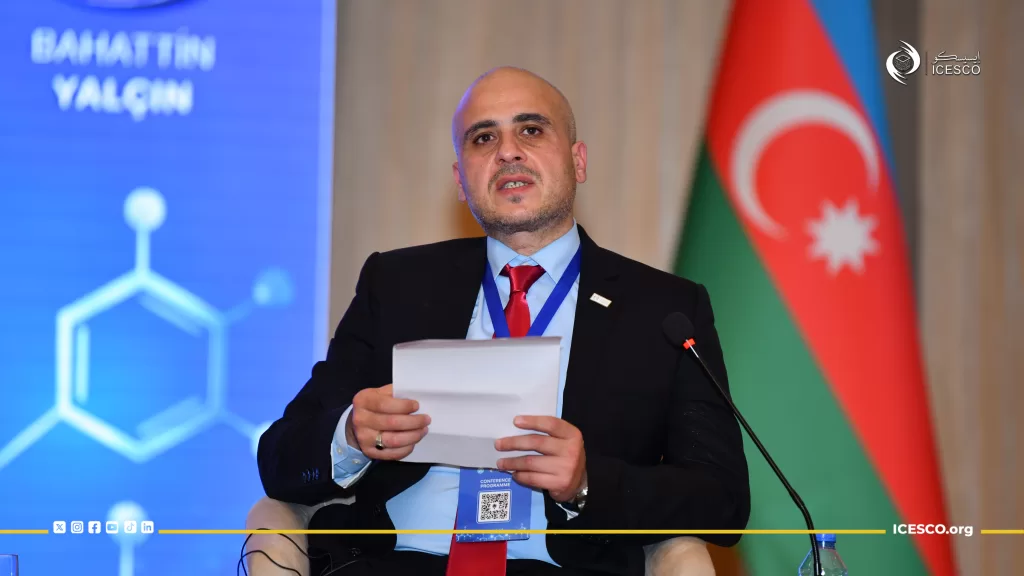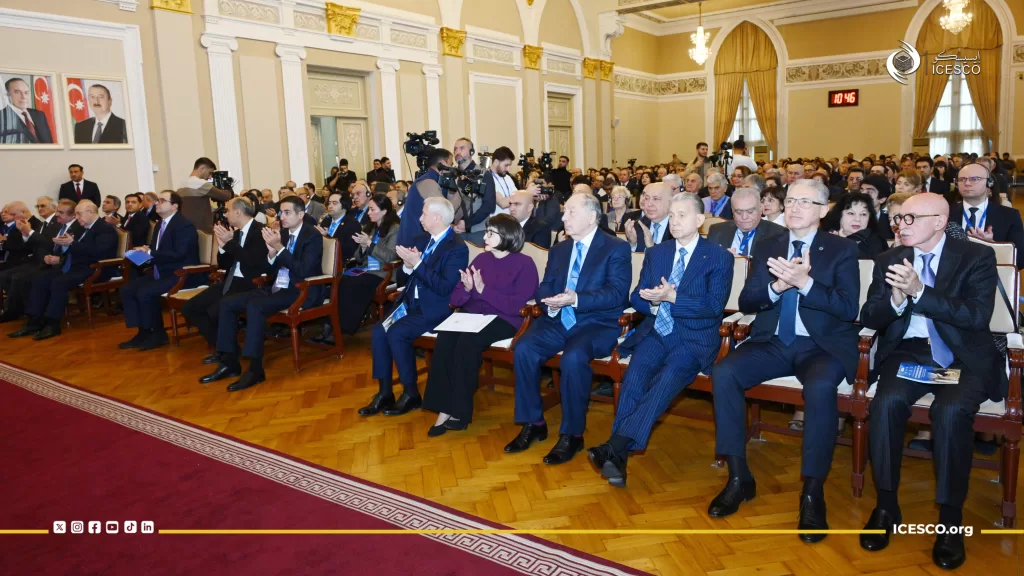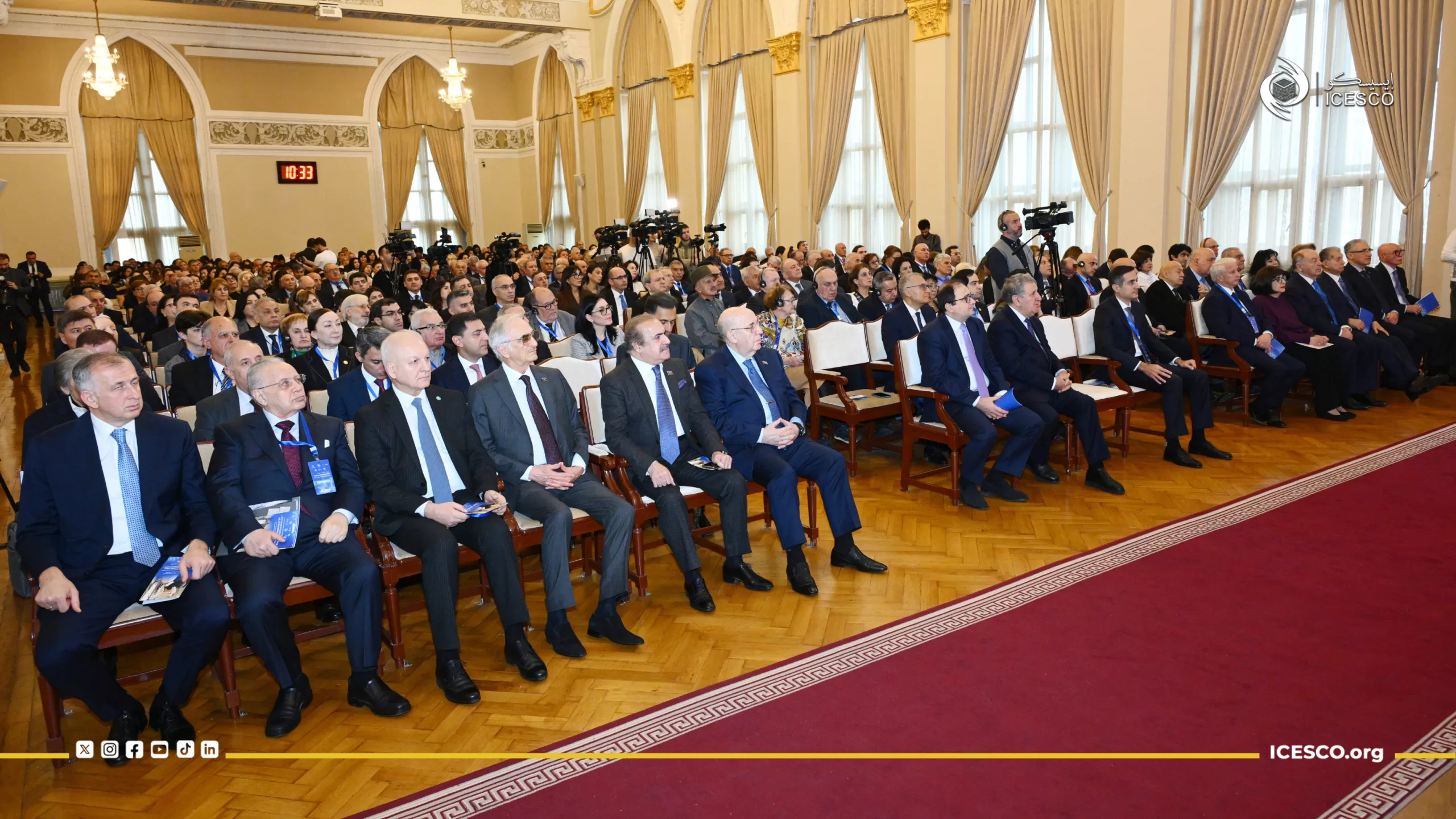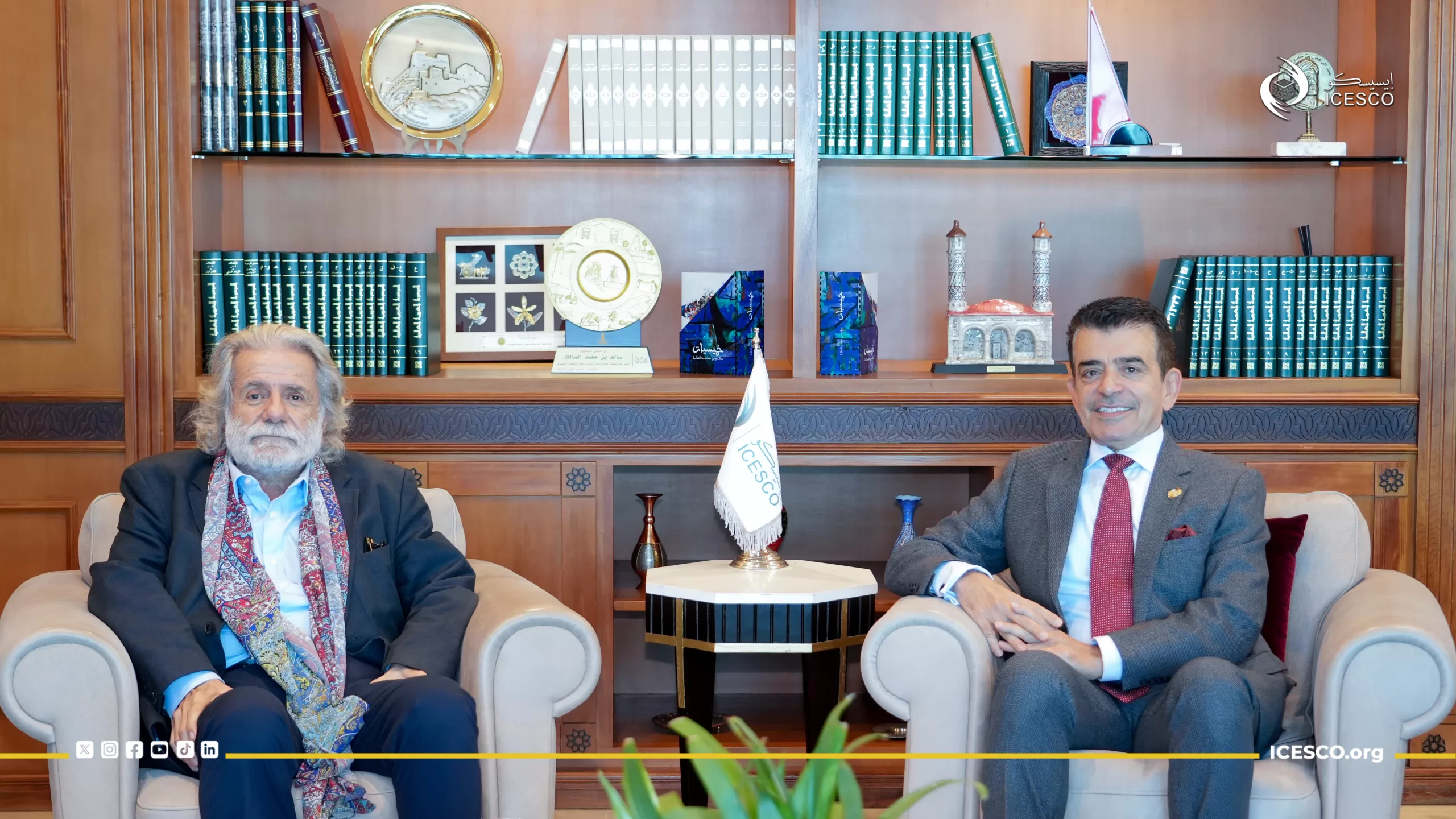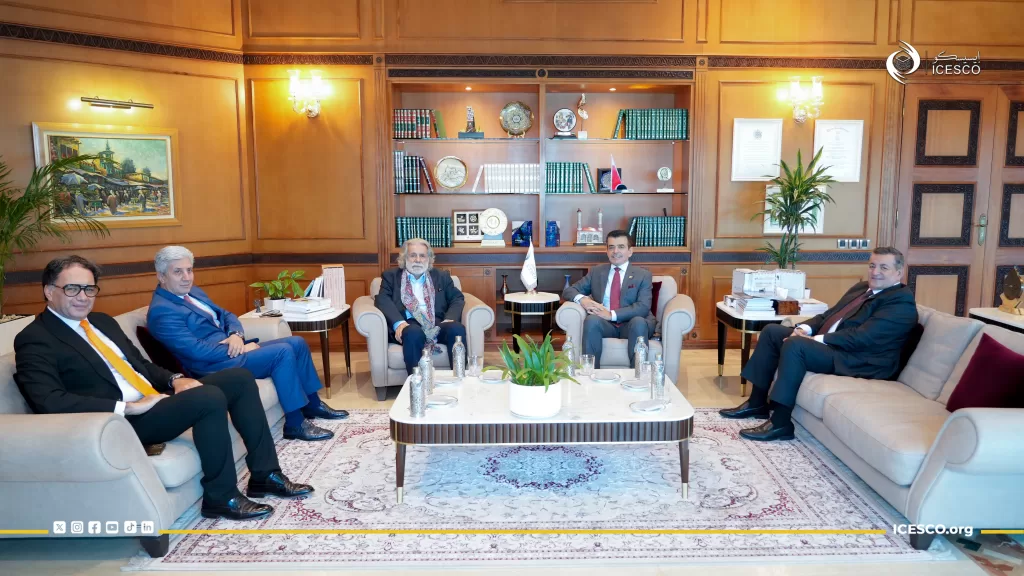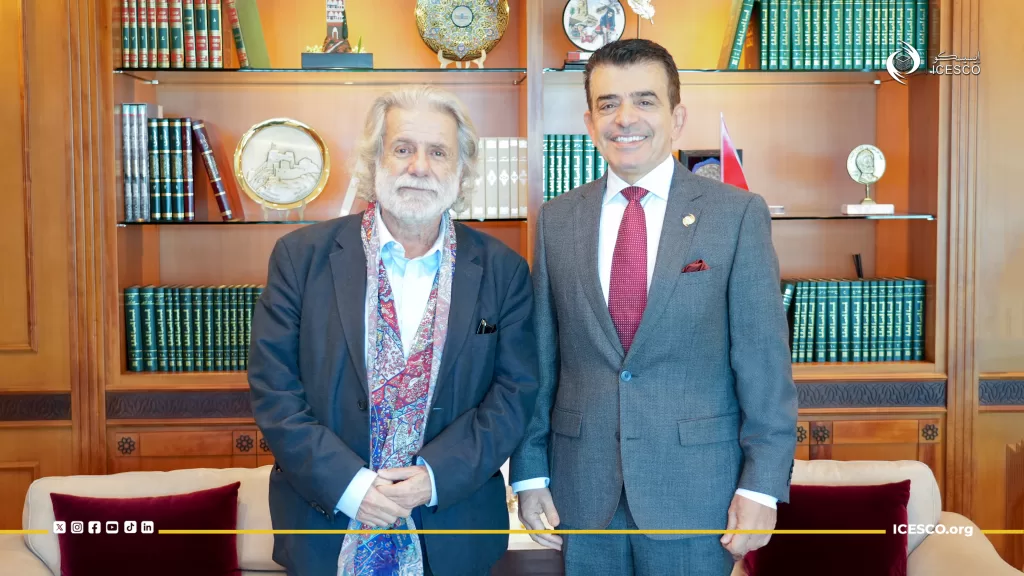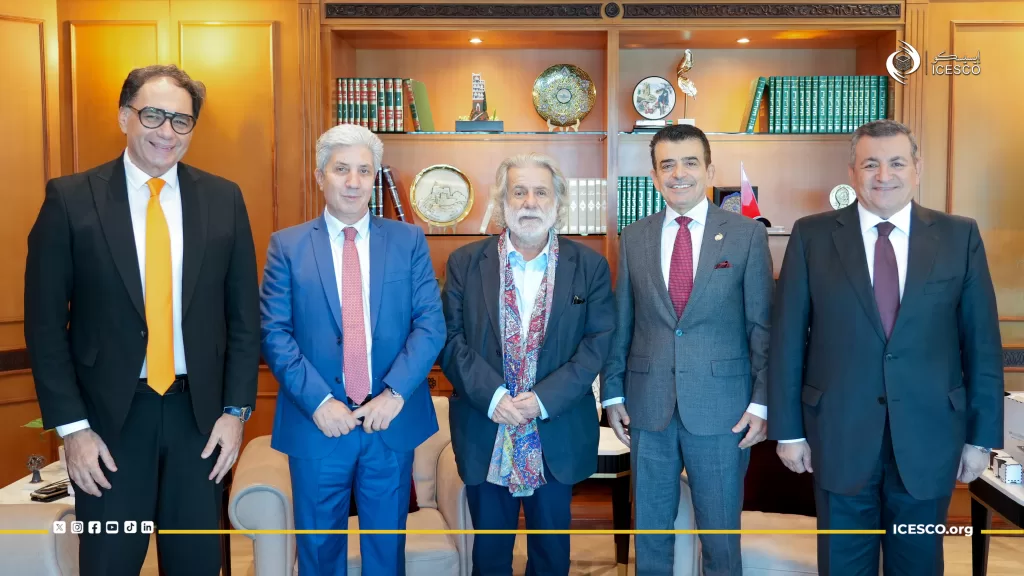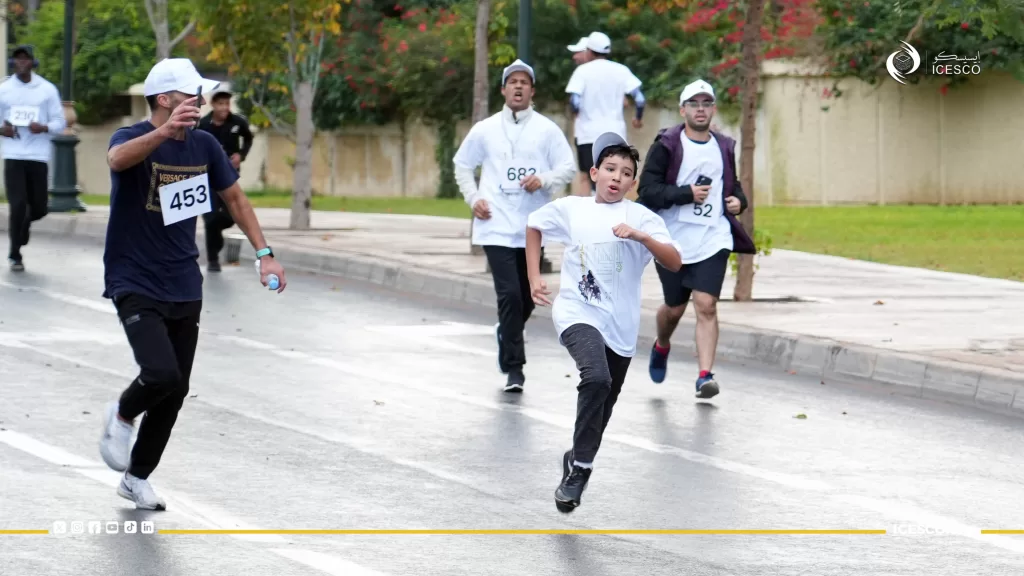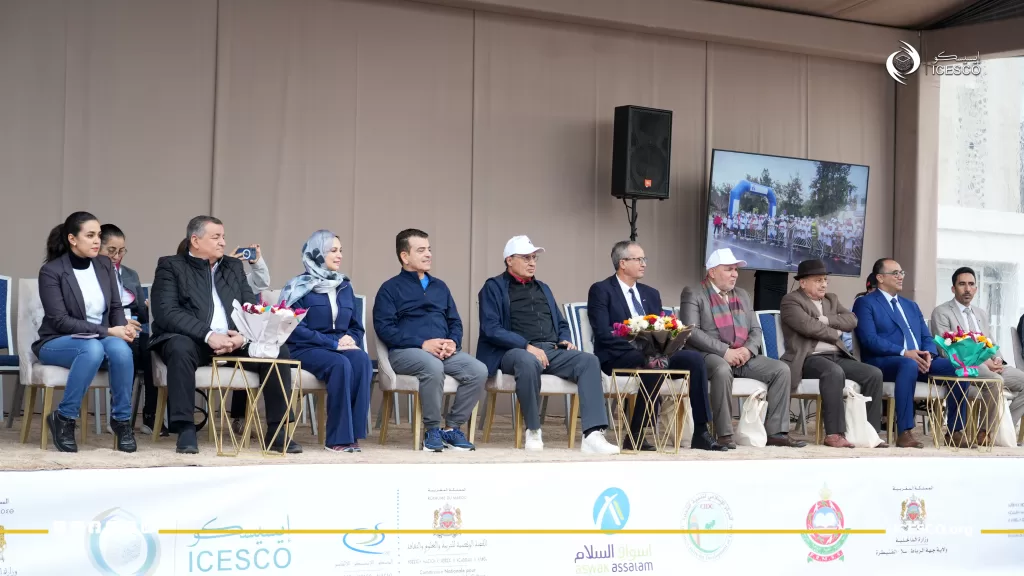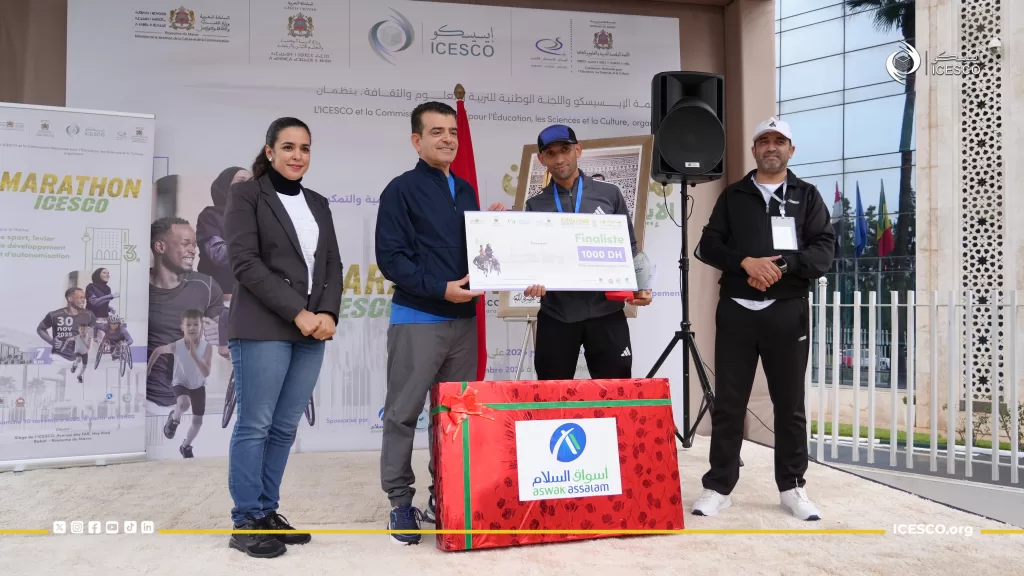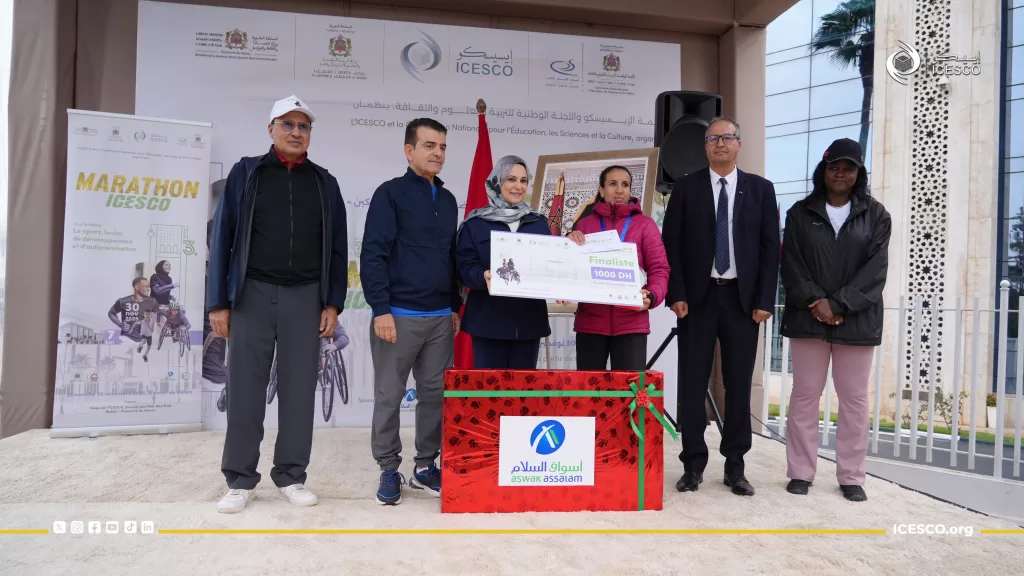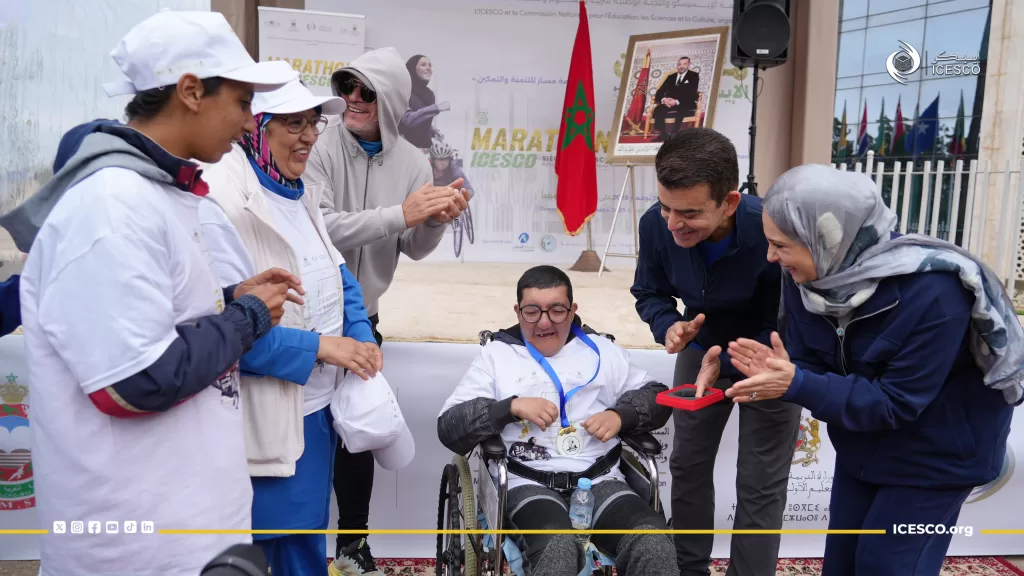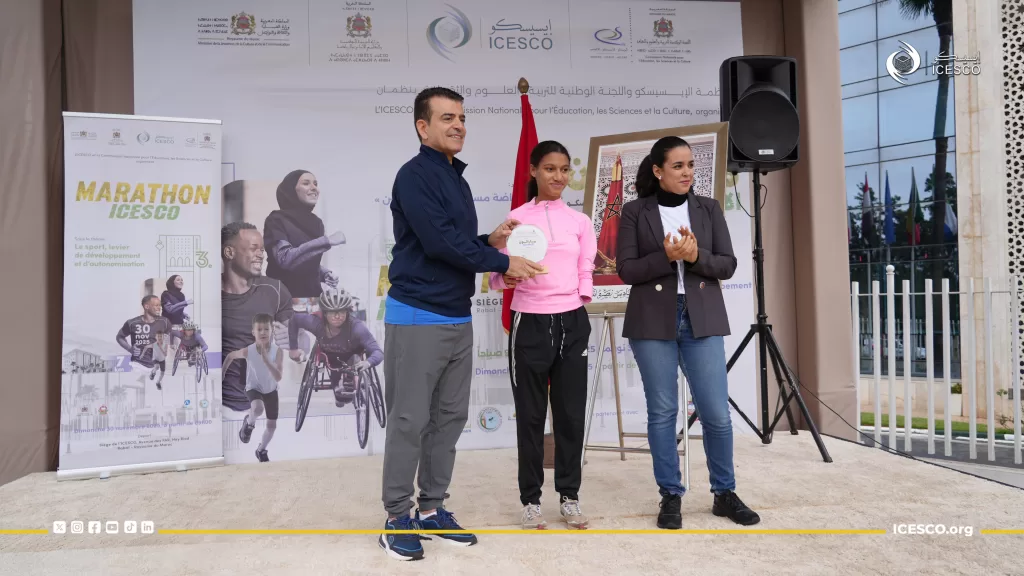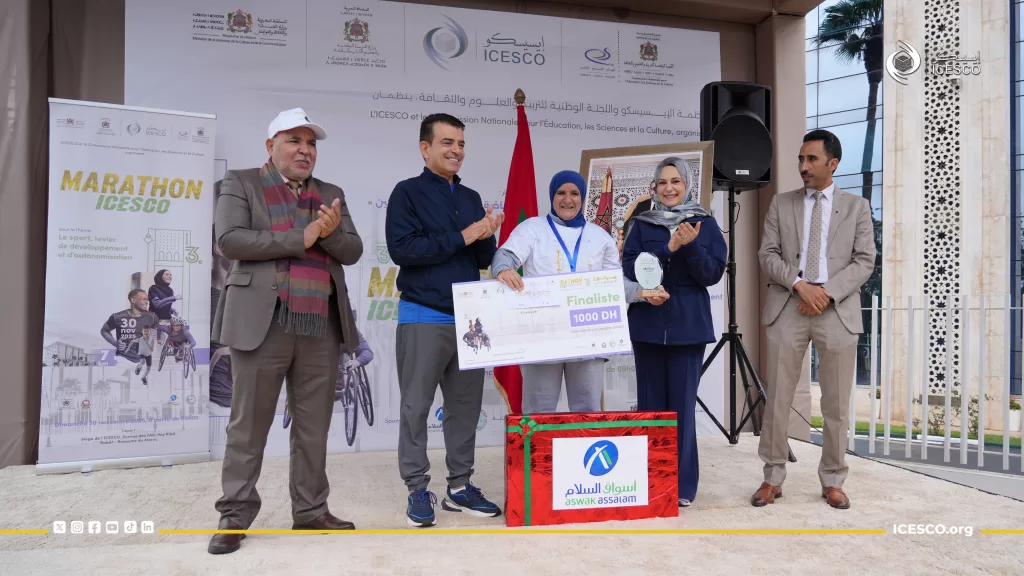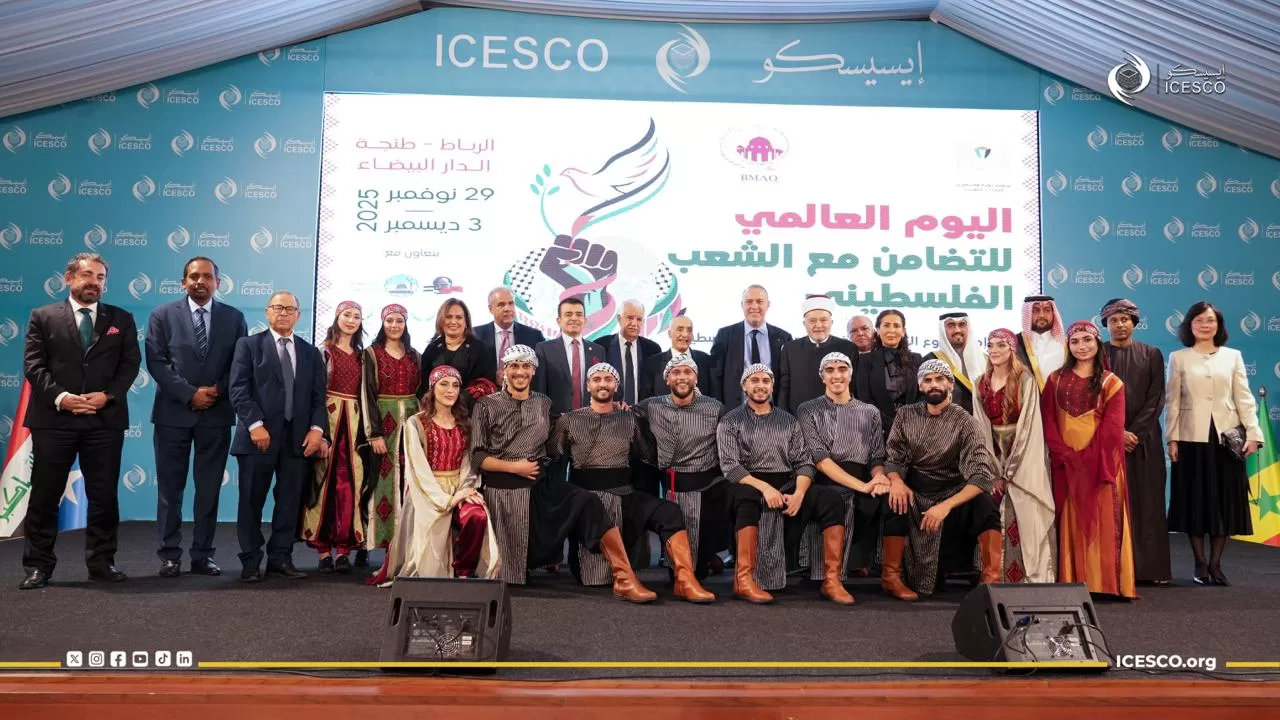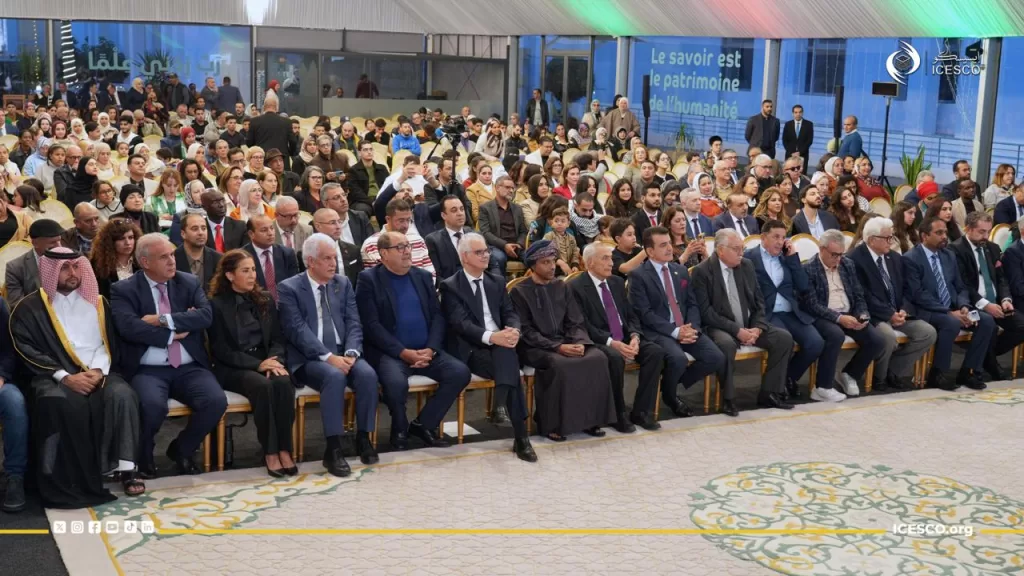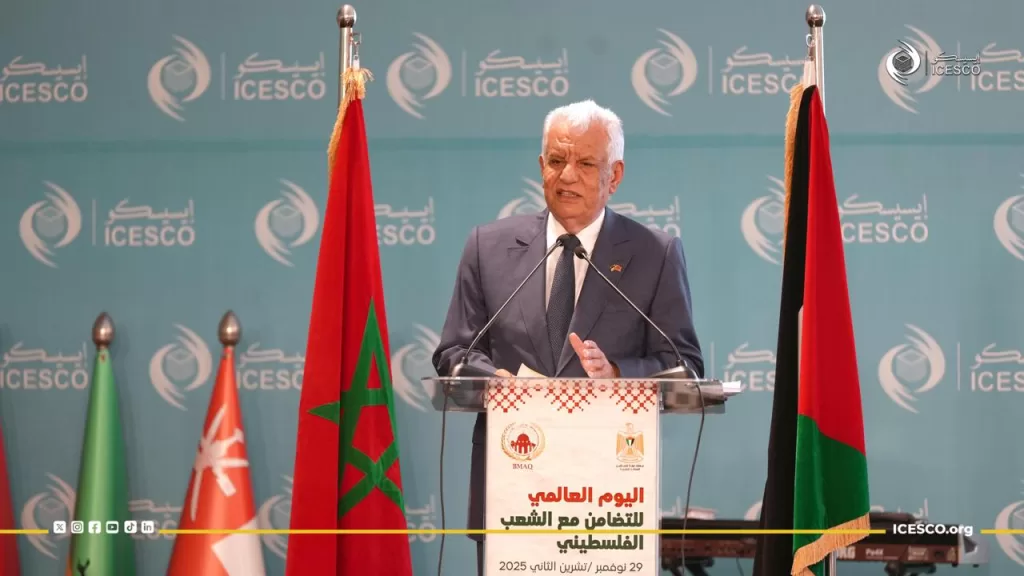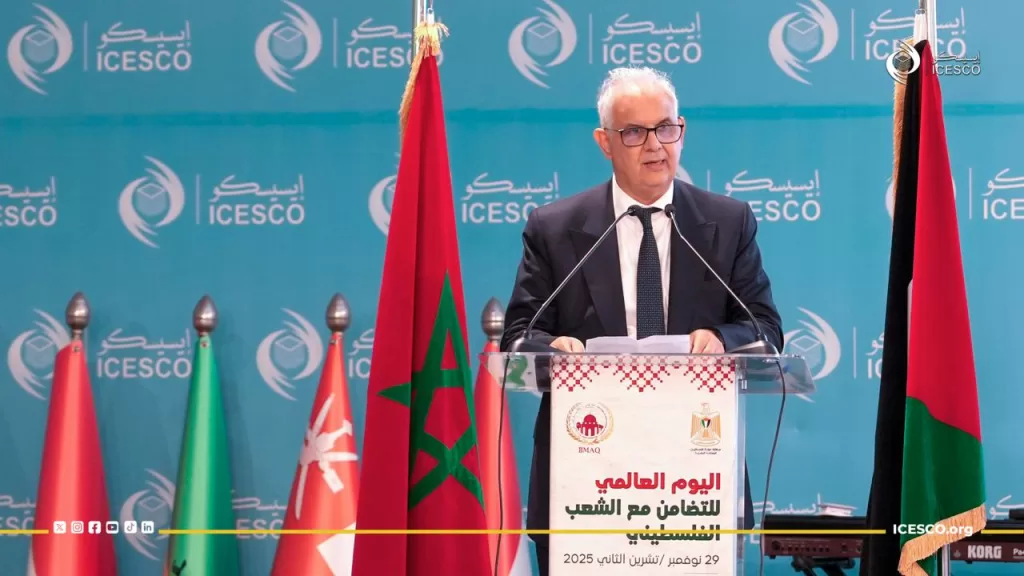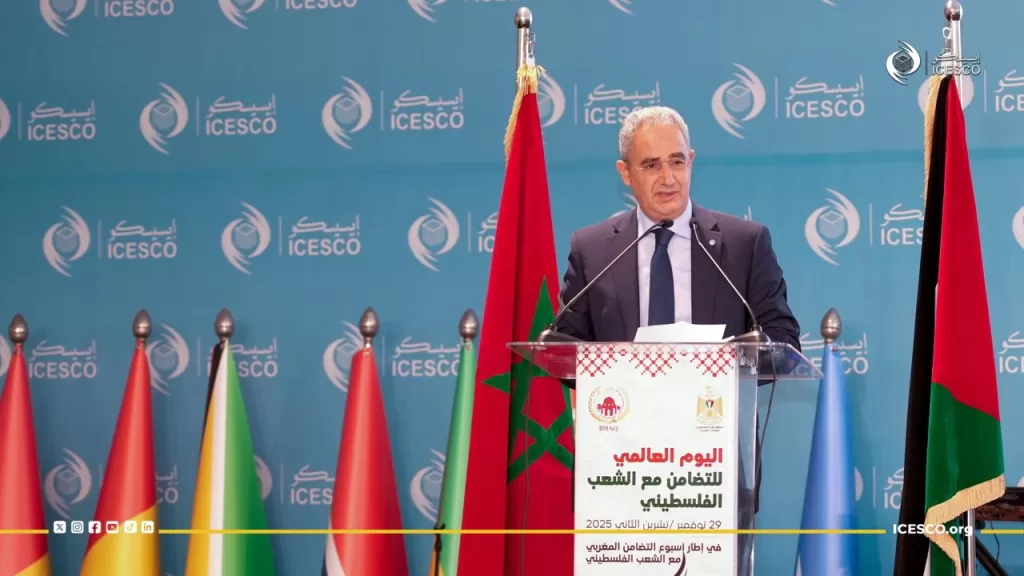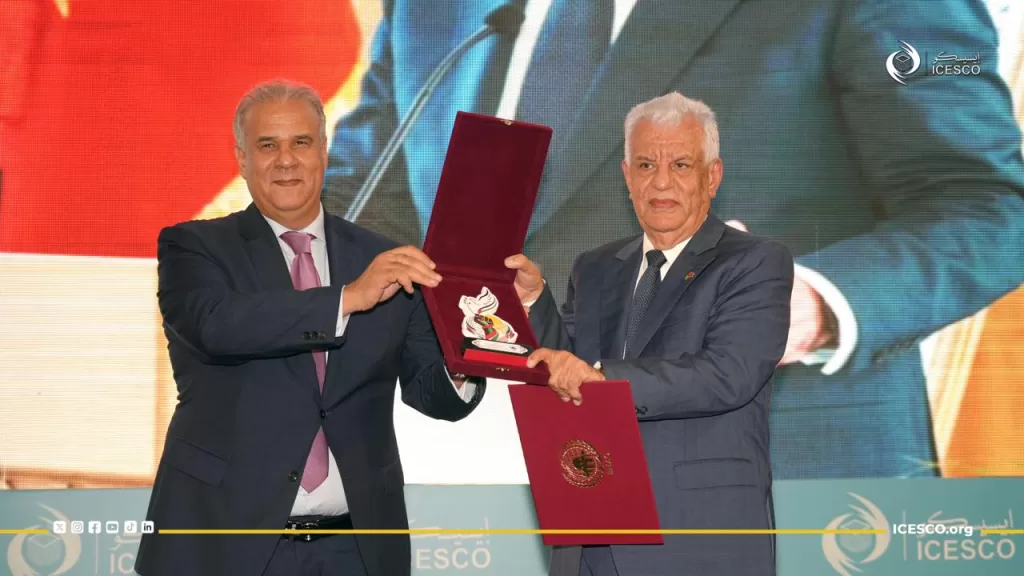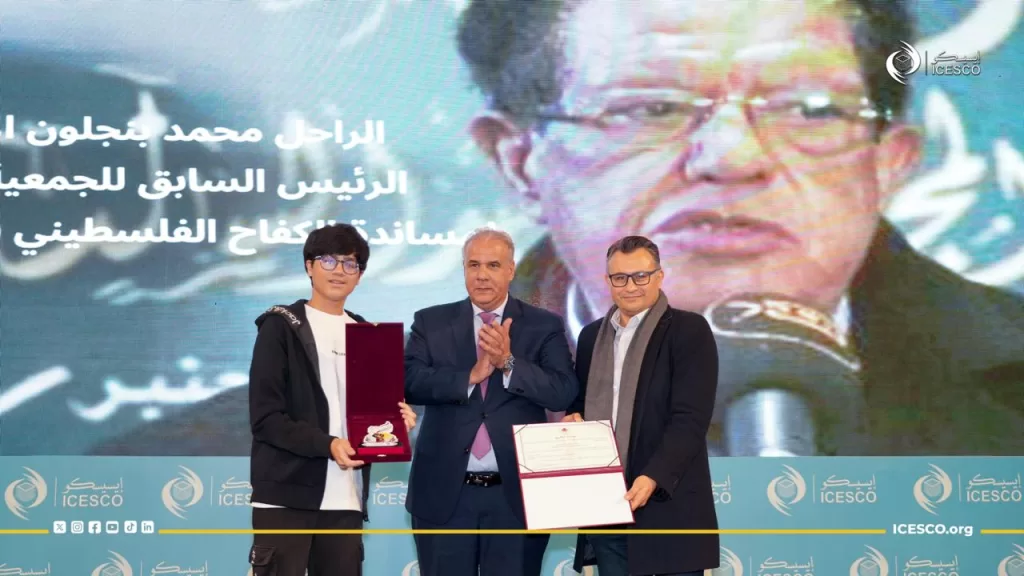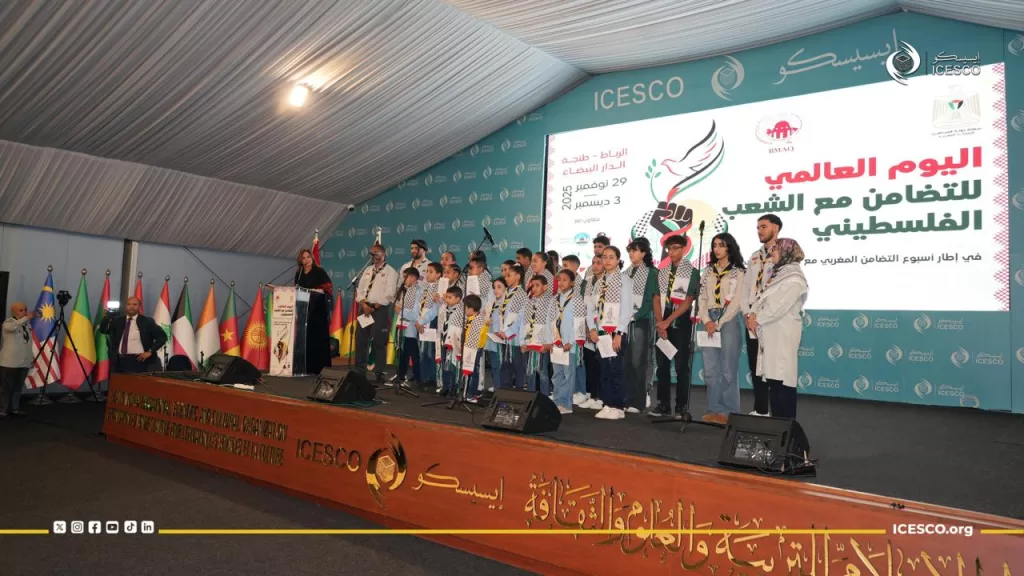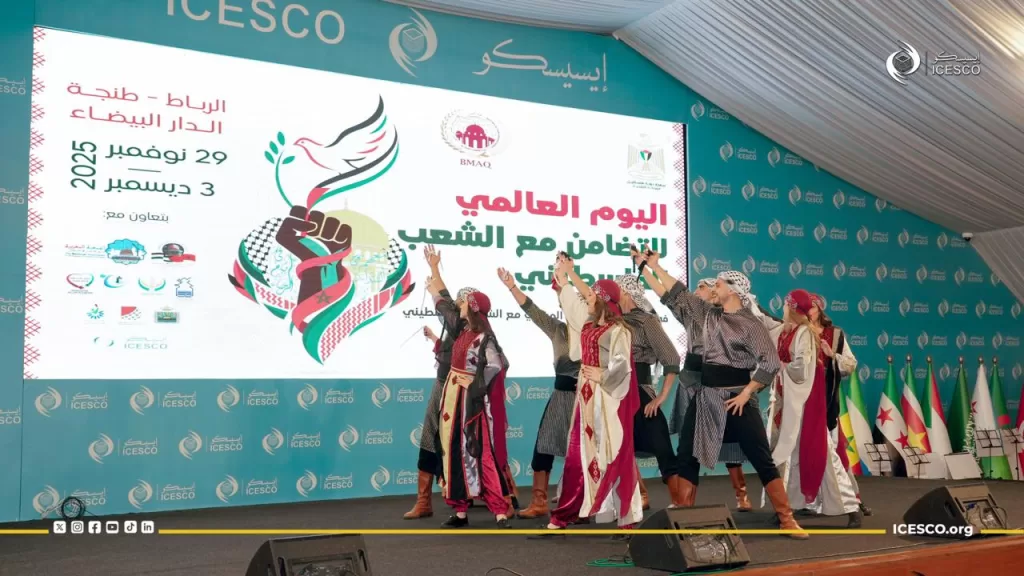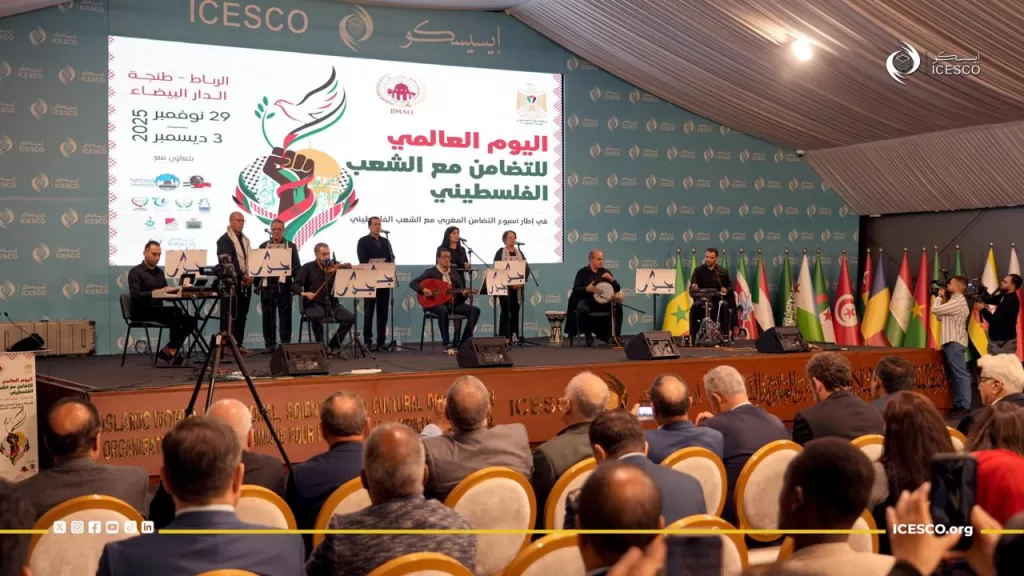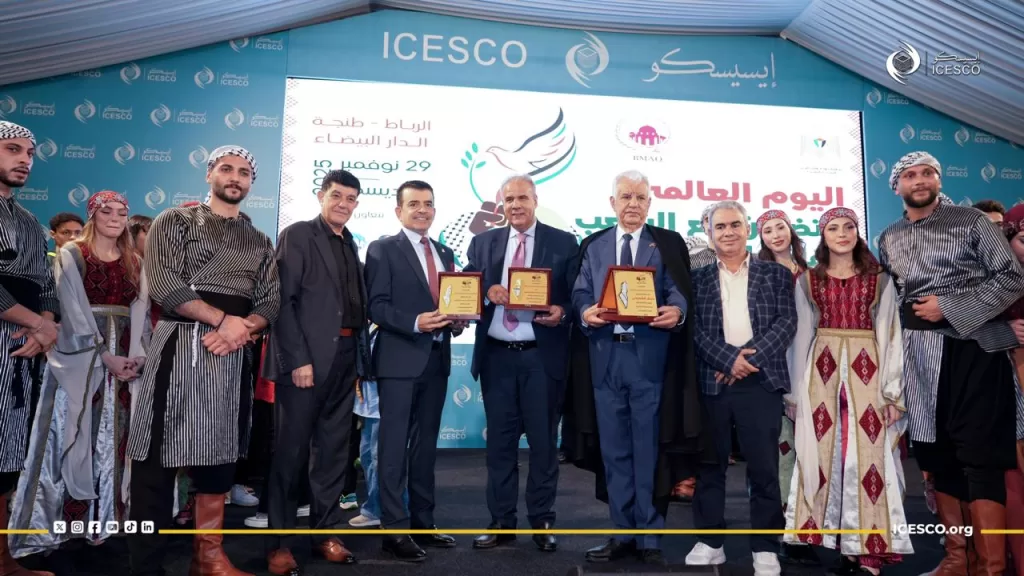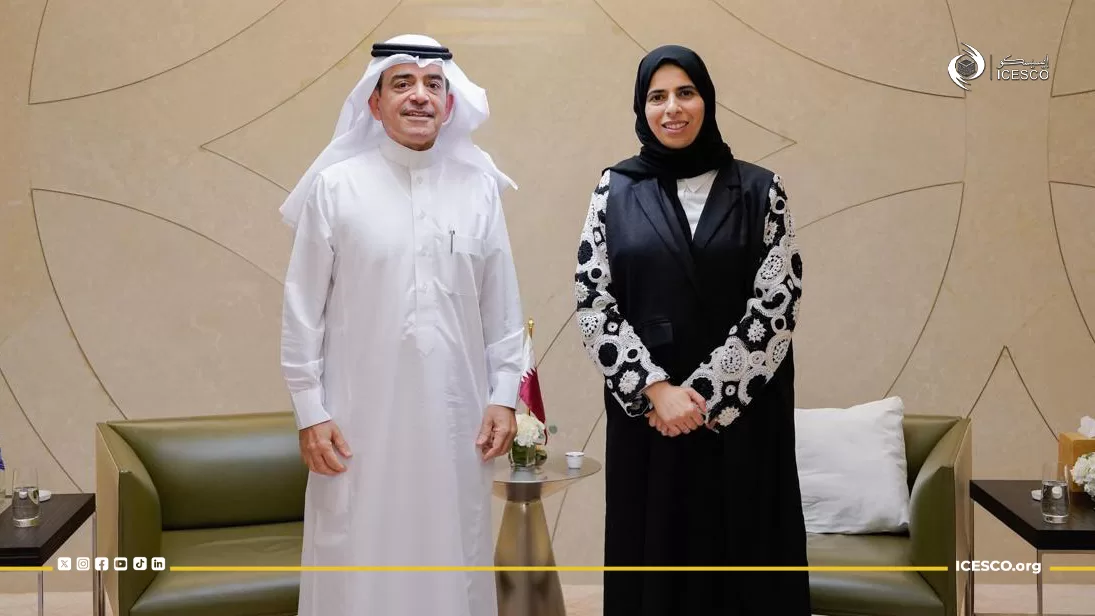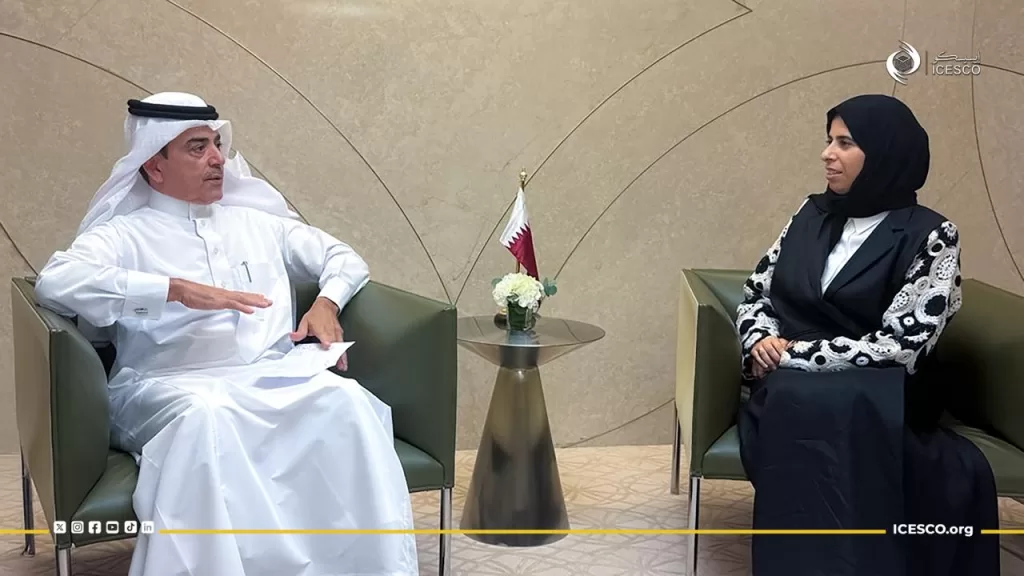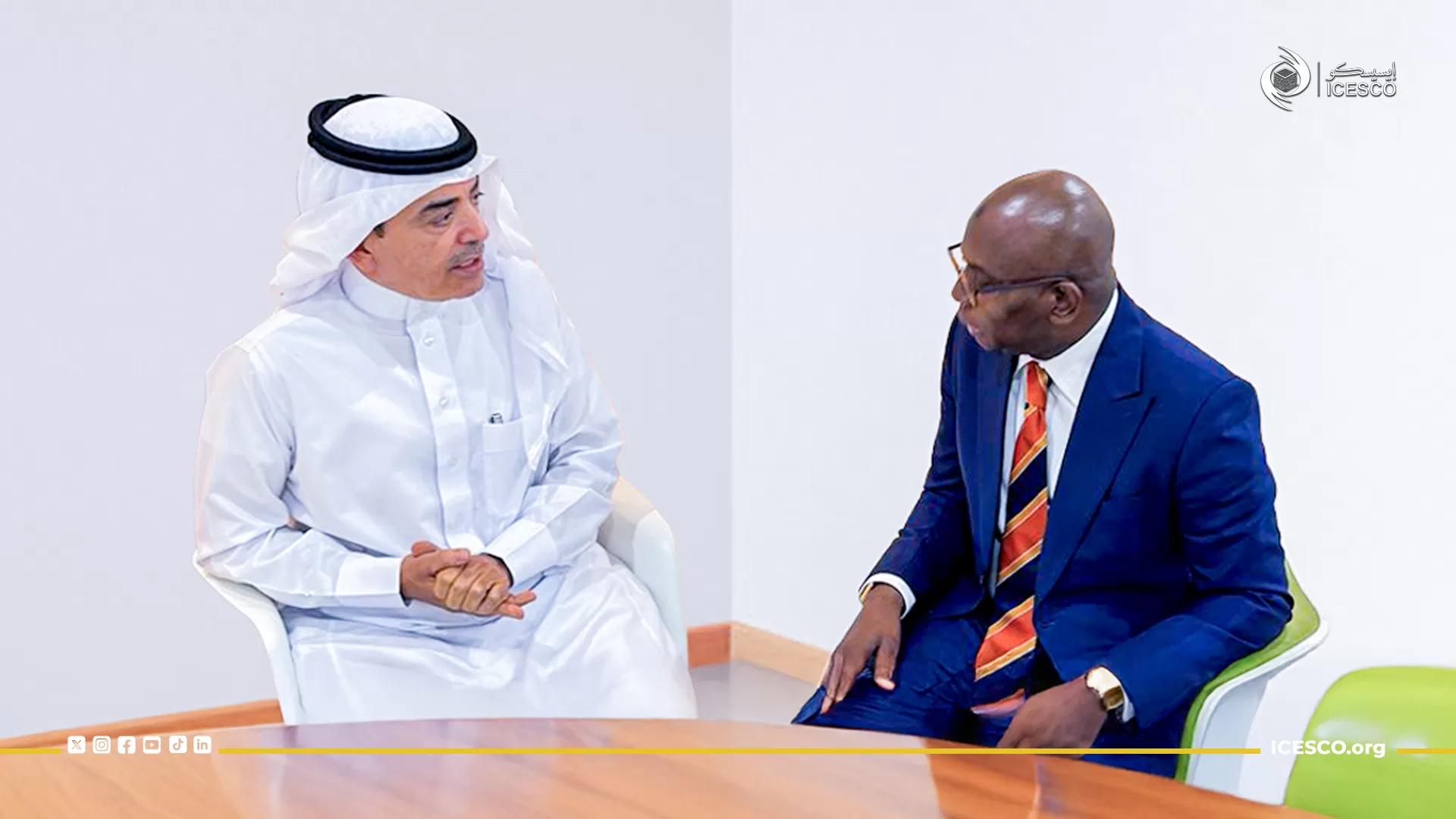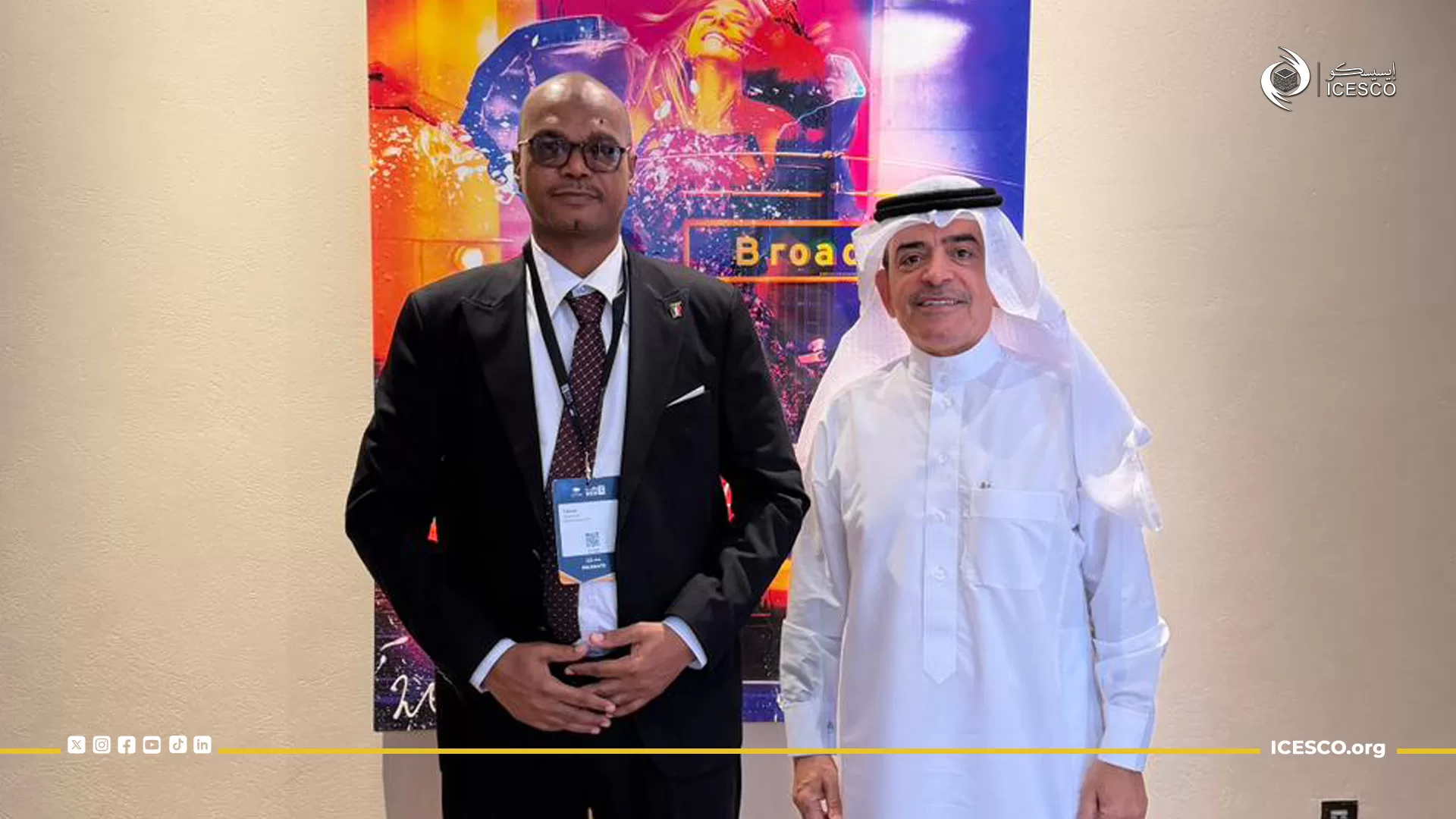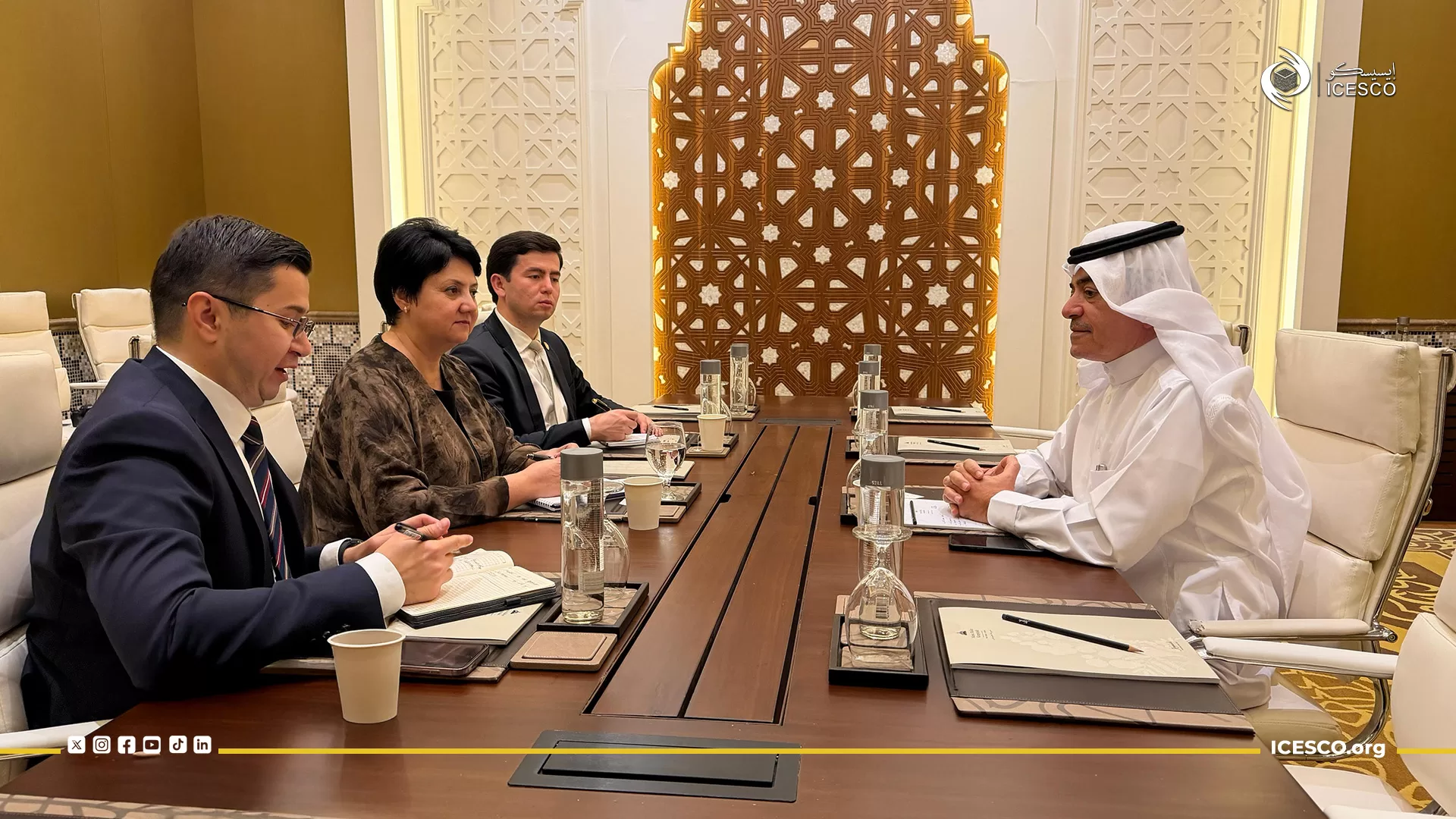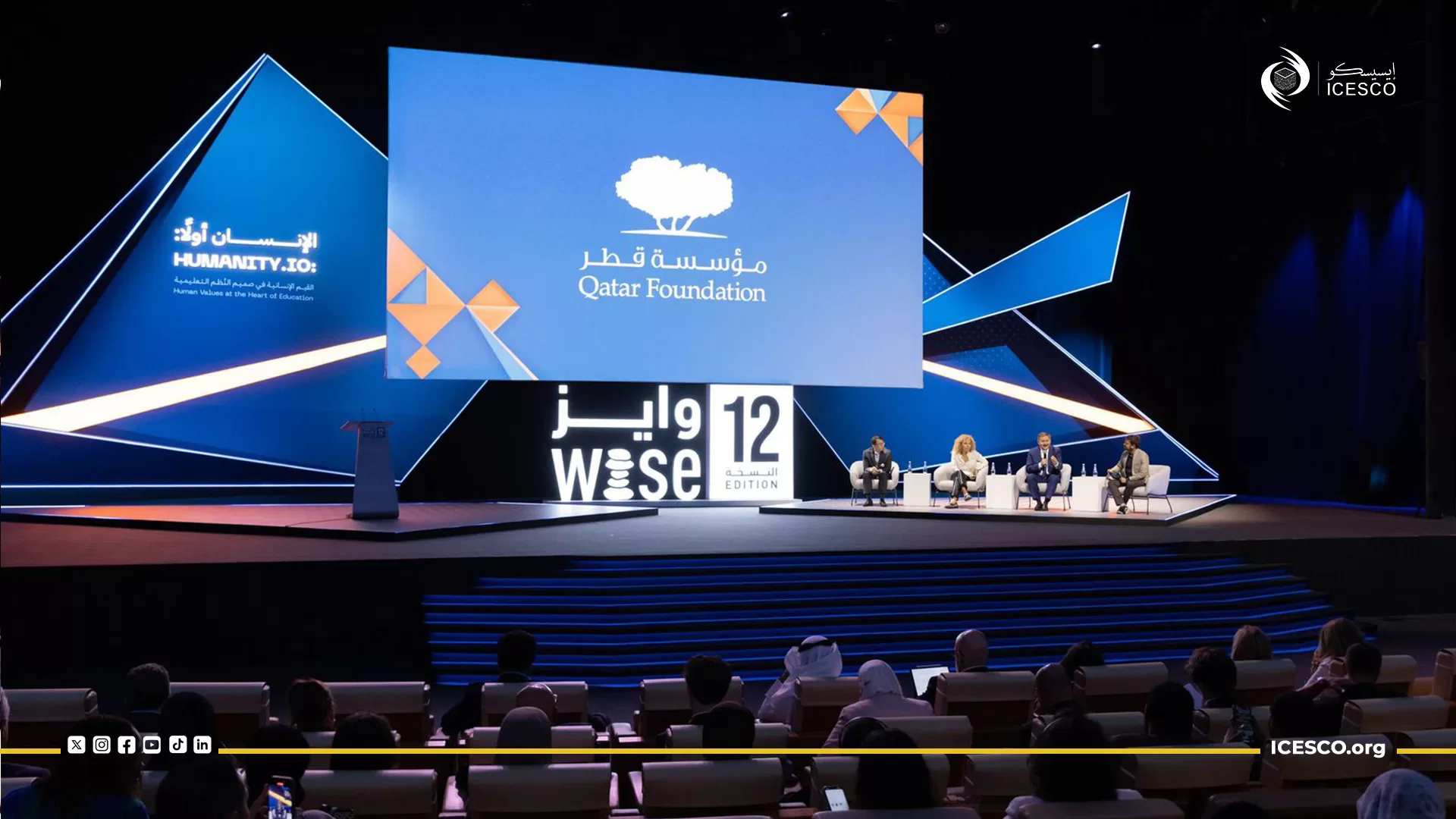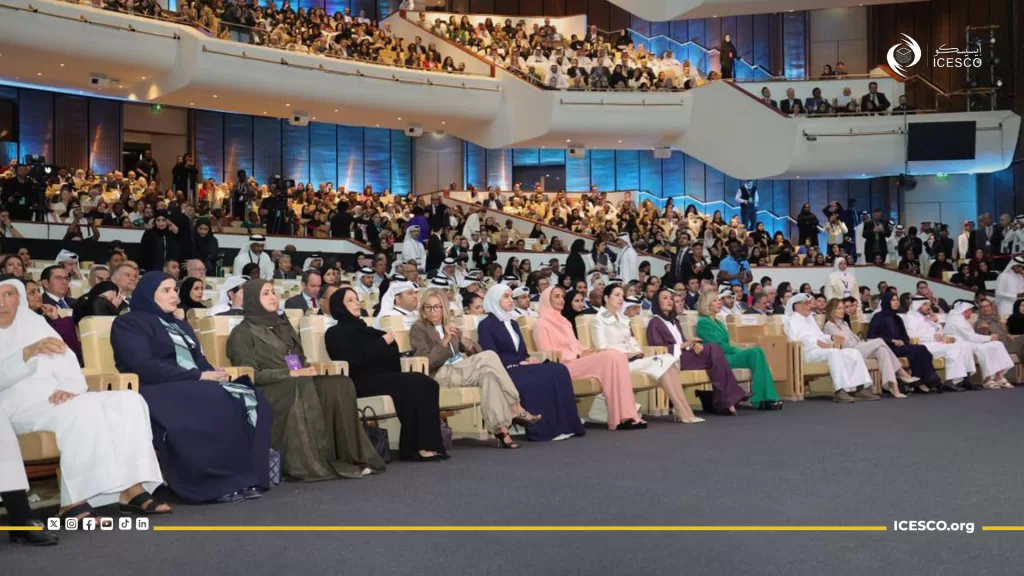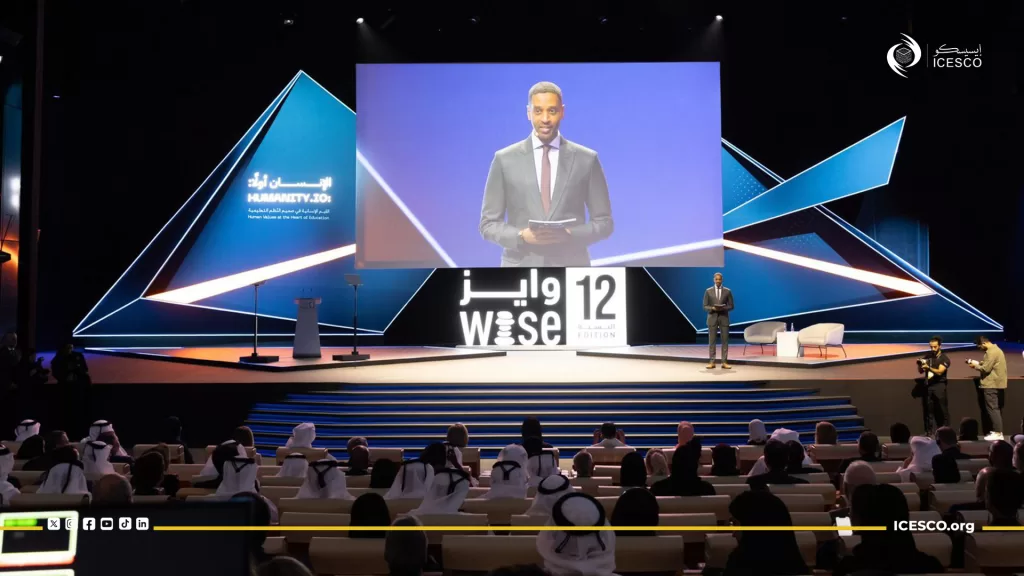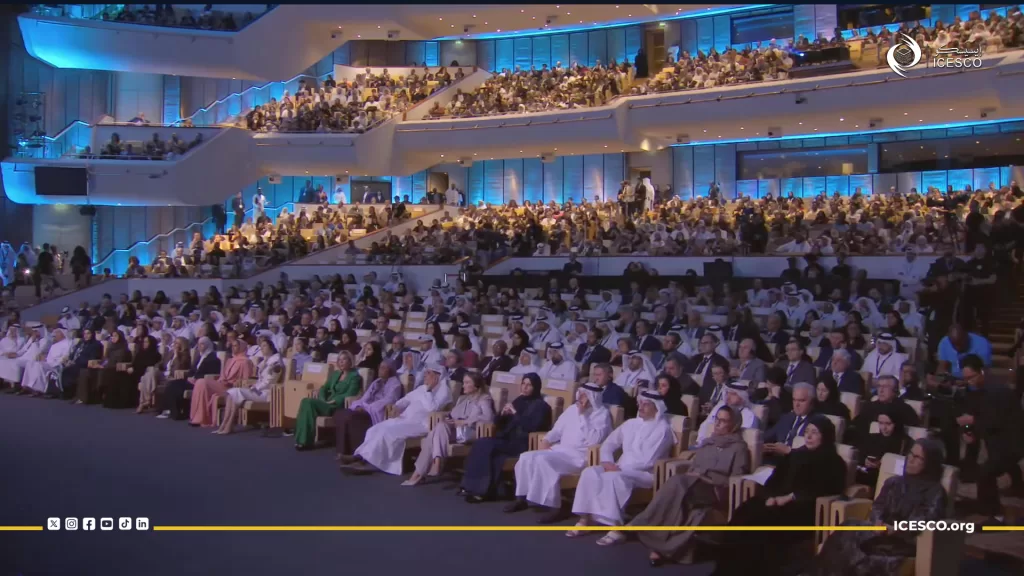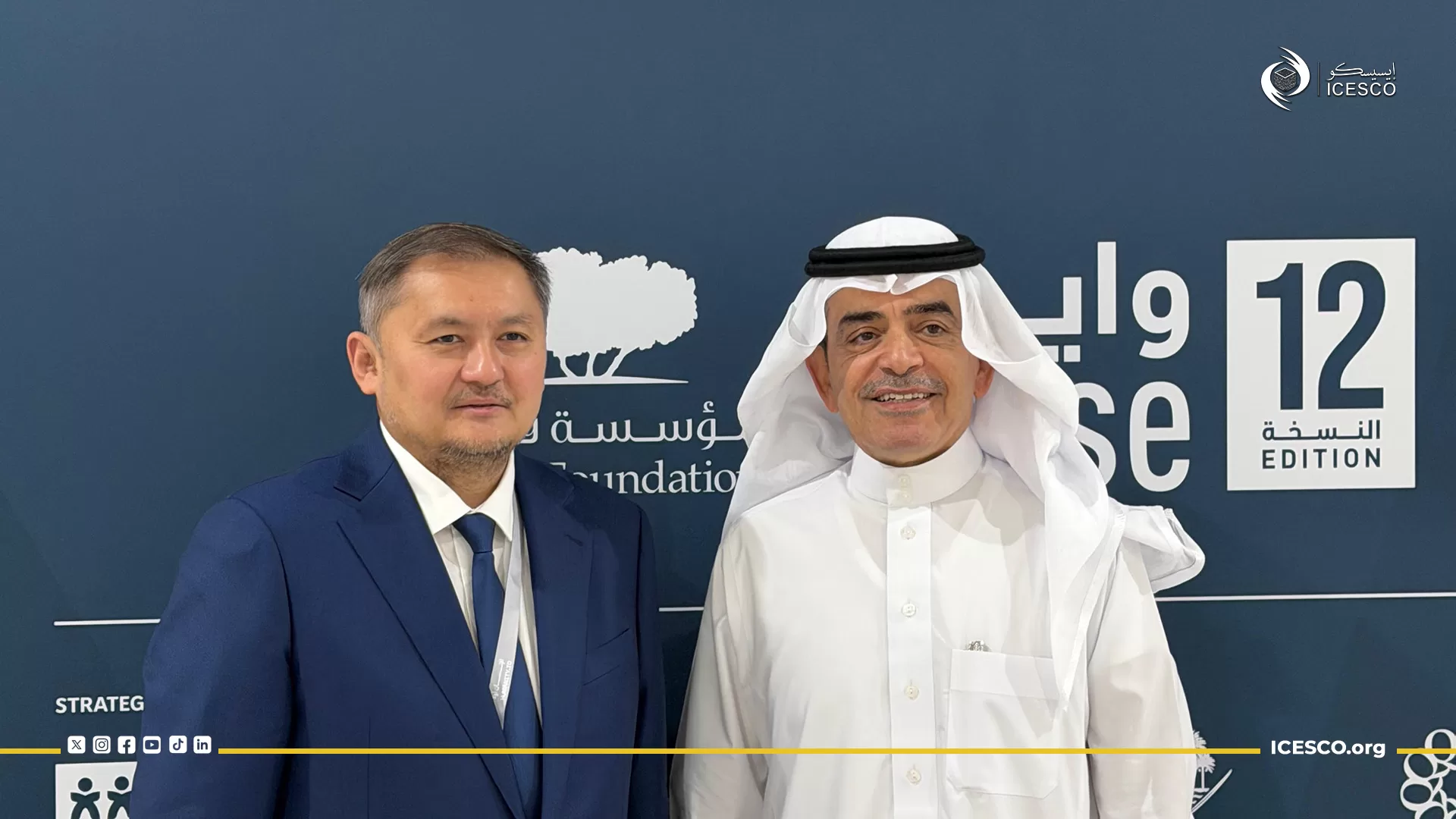The Islamic World Educational, Scientific and Cultural Organization (ICESCO) is taking part in the international conference “Yusif Mammadaliyev: Science, Heritage and Innovations,” organized by the Ministry of Science and Education of Azerbaijan in cooperation with the Azerbaijani National Academy of Science. The event, held on 4-5 December 2025 in Baku, Azerbaijan, commemorates the 120th anniversary of Azerbaijani academician Yusif Mammadaliyev, who made outstanding contributions to the development of the chemical industry globally. The conference brings together a high-level attendance, including senior officials, representatives of relevant international organizations, scientists, and experts.

In a recorded address shown during the opening session, ICESCO Director-General Dr. Salim M. AlMalik praised the strategic partnership between the Organization and Azerbaijan in education, science, and cultural development. Furthermore, he emphasized the key role that Mammadaliyev’s significant contributions in petrochemistry played in advancing scientific progress worldwide, stating that: “His legacy continues to elevate minds, inspire generations, and enrich humanity’s scientific journey.”
Moreover, Dr. AlMalik highlighted that the prosperity of nations stems from harmony between science and culture, intellect and spirit, progress and heritage. He also underscored ICESCO’s vision to foster creativity and innovation among youth in the Islamic world and to support scientific advancement in its Member States.

ICESCO is represented at the conference by a delegation including Mr. Anar Karimov, Head of the Partnerships and International Cooperation Sector, and Dr. Wissam Chehade, expert at the Science and Environment Sector, along with the participation of ICESCO’s Regional Office in Baku.
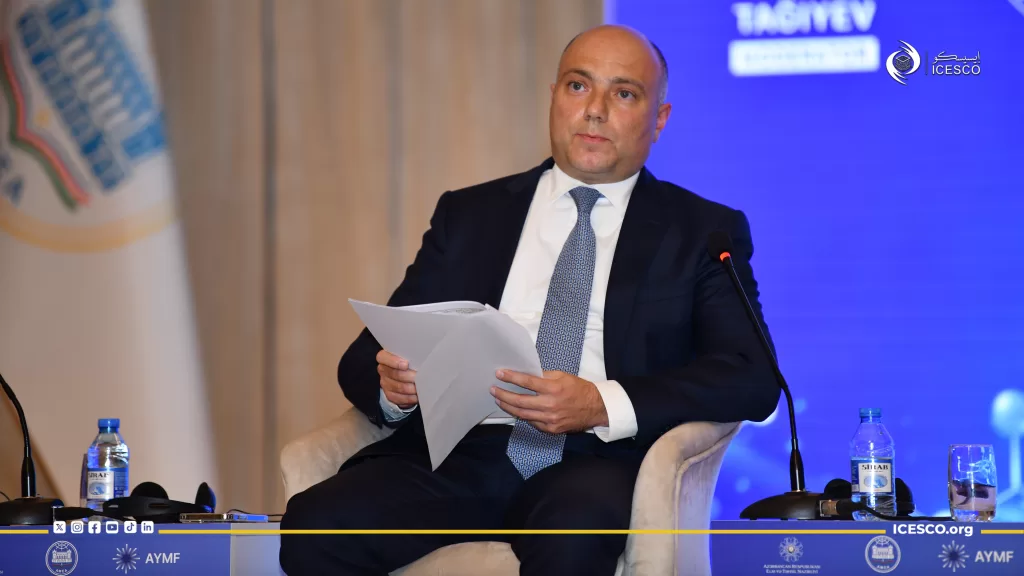
During a panel discussion on emerging challenges in chemical sciences, Mr. Karimov shed light on current issues in the chemical industry, the environment, and sustainable development, noting that Artificial Intelligence represents at once both a challenge and an opportunity for advancing modern sciences, particularly in enhancing scientific research accuracy. For his part, Dr. Chehade affirmed ICESCO’s steadfast commitment to promoting scientific research and building capacities that contribute to social and economic development.
